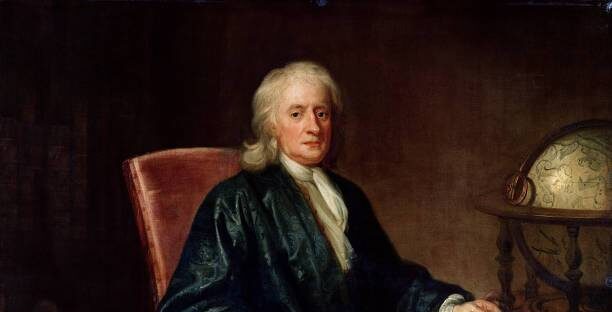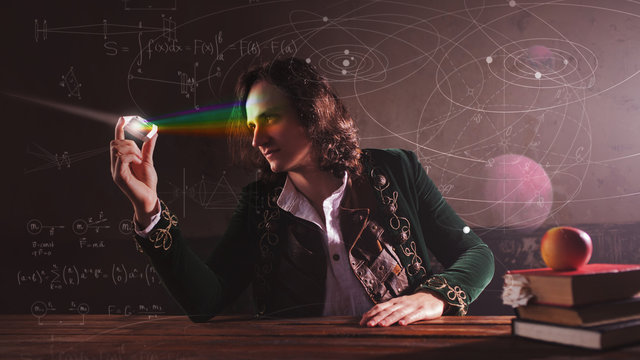Isaac Newton : The Genius Who Defined Modern Science
Isaac Newton : The Genius Who Defined Modern Science
You May Like : Lewsi Hamilton Life Journey and Net Worth
Sir Isaac Newton was one of the most influential scientists in history. His groundbreaking work in physics, mathematics, and astronomy laid the foundation for modern scientific understanding. This article explores his early life, discoveries, and lasting impact on science and humanity.
Early Life and Education of Isaac Newton
Isaac Newton was born on January 4, 1643, in Woolsthorpe, England. His father passed away before he was born, and he was raised by his grandmother. As a child, he showed an exceptional interest in mechanics and mathematics.
He attended Trinity College, Cambridge, where he studied mathematics and natural philosophy. During this period, he developed his early theories on calculus, optics, and gravity.
The Laws of Motion and Universal Gravitation by Isaac Newton
In 1687, Newton published his revolutionary work, Philosophiæ Naturalis Principia Mathematica, in which he formulated the Three Laws of Motion and the Law of Universal Gravitation:
- First Law: An object remains at rest or in uniform motion unless acted upon by an external force.
- Second Law: Force equals mass times acceleration (F = ma).
- Third Law: For every action, there is an equal and opposite reaction.
His law of gravitation explained how celestial bodies move, providing a scientific basis for planetary motion.

Contributions to Optics and Mathematics By Isaac Newton
Newton made significant contributions to optics, proving that white light is composed of different colors. He also designed the first reflecting telescope, improving astronomical observations.
Additionally, he co-developed calculus, a branch of mathematics that remains essential in modern science and engineering.
Later Life and Legacy
In 1696, Newton became the Master of the Royal Mint, reforming England’s currency system. Later, he served as President of the Royal Society, advancing scientific research.
Newton passed away on March 31, 1727. His discoveries shaped modern physics, astronomy, and mathematics, influencing generations of scientists.
Conclusion
Isaac Newton’s scientific achievements transformed our understanding of the universe. His work remains fundamental to physics and mathematics, proving that curiosity and intellect can change the world.
If you wanna know more about visionaries like this, we’ve got it covered!